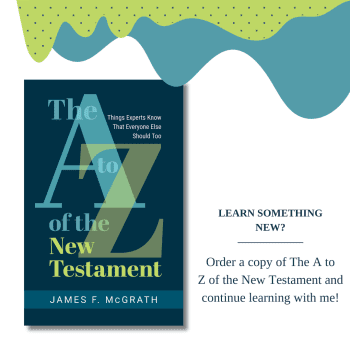I hope to be able to resume the Paul APB series soon. In the meantime, here is a collection of blog posts related to Paul and his writings that I hope you’ll enjoy!
Steve Wiggins shared thoughts on the UMC debates about human sexuality that drive a wedge between Paul and Jesus in a manner that is very common. Here is an excerpt:
Ironically the UMC has lined up against the Gospels. Christianity’s sexual hangups began with the apostle from Tarsus, not the carpenter from Nazareth. We have been forced to see, time and again, what comes of making priests remain celibate. It’s against nature, and none of us has a free hand to grope for a stone. Instead, we queue up ready to judge. Love, the church says, is wrong. God, says the Gospel, is love. There’s a mansion with many rooms above our heads. We’re not told if the doors come with locks or not. Unless this seem unnaturally profane, anyone who has truly loved another knows it is more than just a physical act. Such spiritual intimacy is difficult to spread too thinly without cheapening it to the point of a tawdry sit-com. Even then, however, we shouldn’t judge. There aren’t stones enough in the world for that.
Keith Giles blogged about fake letters of Paul in the New Testament
Phil Long has been blogging through key passages in Acts related to the life and mission of Paul:
Acts and the Rhetoric of Roman Imperialism
Ben Witherington gave a lecture about Paul and the rhetoric of evangelism and shared it on his blog.
Scot McKnight began a series about a particularly important and influential book about Paul, E. P. Sanders’ classic, Paul and Palestinian Judaism:
According to James Ware, “Paul’s revolutionary teaching on sex, marriage, and celibacy was a powerful liberating force, especially for women, slaves, and children.” See also Beth Allison Barr’s post on Paul and patriarchy.
AJR started a forum on the goy, i.e. the Gentile, many of the contributions to which focused on Paul’s role in the definition of the category within both Judaism and eventually what became Christianity. Lionel Windsor blogged about Bishop Donald Robinson’s interpretation of Romans.
A review of Paula Fredriksen’s recent book appeared in Bryn Mawr Classical Review. An opposing viewpoint is articulated by Don Hagner.
Don Hagner on Continuity and Discontinuity in the New Testament
Jesus Creed had a post about preaching on Romans:
Richard Fellows blogged about the background to Galatians, and about text criticism and the authenticity of 1 Corinthians 14:34-35.
Paul Davidson wrote a post a while back about the plausibility of the shipwreck story in Acts.
Scot McKnight blogged about the impact playing Paul in a movie had on actor James Faulkner.
https://cruxsolablog.com/2019/03/12/preaching-romans-a-quick-look-gupta/
Bob Cornwall blogged about Paul being “all things to all people” and about the “eschatological meal” in 1 Corinthians 11.
Ben Witherington shared a video of a discussion of the “New Perspective on Paul.”
Libby Anne blogged about women prophesying in 1 Corinthians
See also these posts from James Tabor:
Presiding Bishop Michael Curry of the Episcopal Church USA appealed to Paul in the discussion of whether same-sex spouses should be invited to the Lambeth Conference:
It reflects our commitment to be an inclusive church, not based on a social theory or capitulation to the ways of the culture but based on our belief that the outstretched arms of Jesus on the cross are a sign of the very love of God reaching out to us all. It reflects our belief that the words of the Apostle Paul to the Galatians should be true for the church today: ‘All who have been baptized into Christ have put on Christ. There is no longer Jew or Gentile, slave or free, male or female, for all are one in Christ.’













